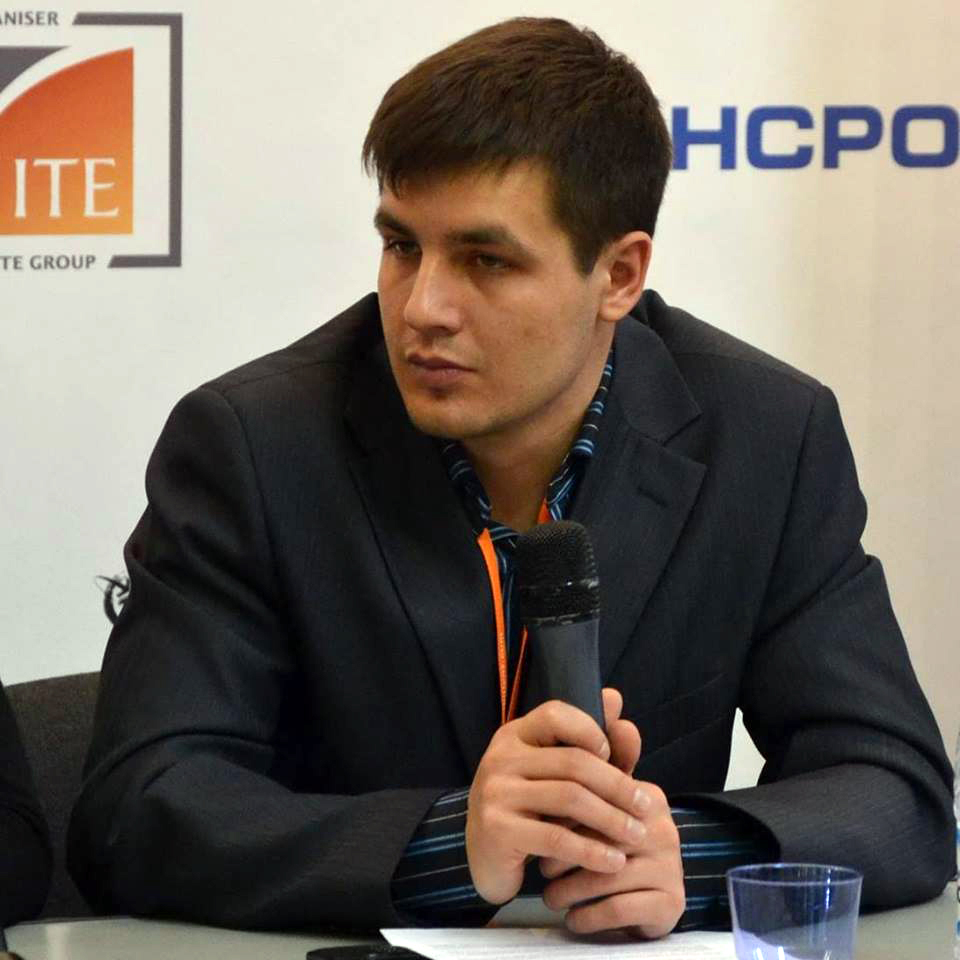Maxim Vorobyov has sold his 44.7 percent stake in Russian Fishery Company (RFC) to another major stakeholder, Gleb Frank, previously the owner of a 45.25 percent stake, the company announced in a press release. Pending the approval of the Russia’s Federal Anti-Monopoly Service, Frank will own more than 90 percent of Russia’s second-biggest fishing company.
RFC didn’t disclose the deal’s financials, saying only that it is “being implemented on market and mutually beneficial terms.” Anonymous industry sources cited in the business journal Kommersant estimated that Vorobyov’s shares were worth between USD 293 and 382 million (EUR 238 and 310 million), with the market price for the whole company being between USD 536 and 857 million (EUR 435 and 695 million). These calculations are based on the RFC’s performance in 2016, when the company’s EBITDA was nearly USD 107 million (EUR 87 million).
In 2017, RFC’s turnover was projected to be USD 360 million (EUR 292 million) and its EBITDA was expected to be USD 115 million (EUR 93 million). Its projected catch was 303,000 metric tons (MT), mainly consisting of pollock and herring. In May 2017, RFC also acquired crab quotas for 2,400 MT.
Vorobyov and Frank founded the company together in 2011. Both have close ties to the existing power structure in Russia – Frank is married to the daughter of Gennady Timchenko, an oil and gas oligarch who is a friend of Russian President Vladimir Putin, and Vorobyov is the brother of the governor of the Moscow Oblast region.
"I thank sincerely the staff of the company and my partners who managed to set up the leader of the Russian fisheries in the Far East in the shortest time,” Vorobyov said. “I wish my colleagues good luck implementing all ambitious plans and building the worldwide largest and most effective company of wild fish production.”
In his own statement, Frank thanked his partner for the cooperation.
"Maxim Vorobyov and me set up RFC seven years ago and we have passed a hard period of time on the way to the company's leadership positions in Russia together. I'm grateful to him for that,” Frank said. “Today, the company faces major challenges related to the fleet modernization and new vessels construction, expansion of the global presence and new markets. I believe in the future of the RFC and intend with the management to concentrate on the successful implementation of these tasks."
The Kommersant report said a possible reason for the split might have been a letter allegedly sent by Vorobyov to Putin in late 2017, suggesting the government return to auctions for its distribution of crab quotas.
Frank was allegedly not aware of his partner’s attempt to change this lucrative market, a move which drew sharp criticism from the industry and was dismissed by vice premier Arkady Dvorkovich during the Fishermen Congress, held in late February this year. RFC denied the speculation, saying no disagreement existed between the partners.
Vorobyov will continue to work in the aquaculture sector, where he owns a 47.1 percent stake in the Russian Aquaculture company, which successfully conducted an SPO in 2017.






